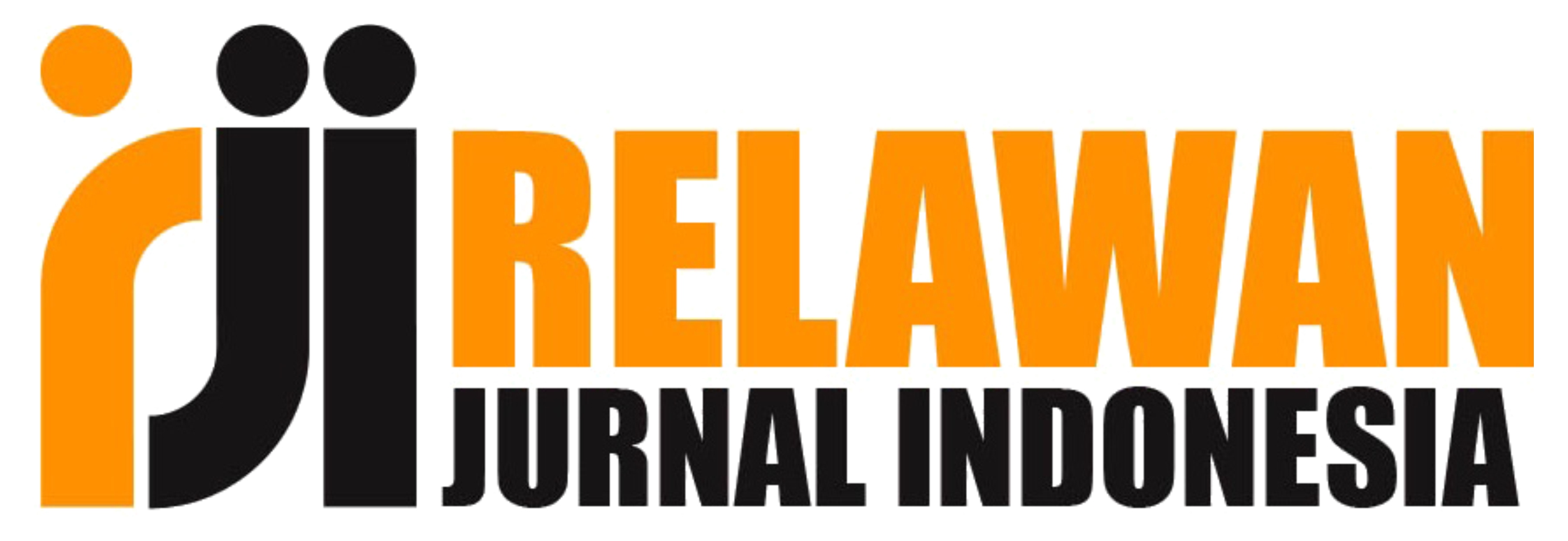Pengaruh Model Problem Based Learning Terhadap Hasil Belajar Siswa Pada Pembelajaran Pendidikan Pancasila Kelas IV SD Negeri Glagah Yogyakarta
DOI:
https://doi.org/10.61476/dyx58k52Keywords:
Problem Based Learning, Learning Outcomes, Pancasila EducationAbstract
The Effect of Problem Based Learning Model on Student Learning Outcomes in Pancasila Education Learning for Grade IV of Glagah Elementary School, Yogyakarta. This study aims to determine the effect of the Problem Based Learning model on Student Learning Outcomes in Pancasila Education Learning for Grade IV of Glagah Elementary School, Yogyakarta. This study is a type of quantitative research with a quasi-experiment. The sample in this study was 55 grade IV students. Which is divided into two groups, namely 27 students in the experimental class who use the problem based learning model and 28 students for the control class who use the discovery learning model. Data collection techniques consist of observation, tests, documentation. For research instruments test instrument sheets consisting of pretest and posttest. The validity of the questions hasbeen tested and obtained 20 valid questions and 5 invalid questions. Data analysis techniques are carried out through normality tests, homogeneity tests, hypothesis tests. The results of this study indicate that the Problem Based Learning model applied has been proven to improve student learning outcomes. This can be seen from the increase in the average value of Pre-test and Post-test in the experimental class, which was 12.22 increasing to16.33. The Problem Based Learning model has also proven to be more effective than the previous model that has been applied in the control class. This can be proven by comparing the post-test results of the experimental class and the control class, where the average value of the post-test of the experimental class was 16.22. While the control class was 14.92. Based on the results of the Independent Sample T-test, the significance value of thepost-test was 0.006 <0.05, which means there is a significant difference between the two classes.
Downloads
References
Arends, R. I. (2013). Belajar untuk mengajar (Edisi ke-9, Buku 2). Jakarta Selatan: Salemba Humanika.
Dila, O. R., & Zanthy, L. S. (2020). Identifikasi kesulitan siswa dalam menyelesaikan soal aritmatika sosial. Jurnal Teorema: Teori dan Riset Matematika, 5(1), 17–26.
Freire, P. (2002). The Politics of Education: Culture, Power, and Liberation (Agung Prihantoyo & Fuad Arif F., Penerj.). Yogyakarta: Pustaka Pelajar.
Hafizha, D., Ananda, R., & Aprinawati, I. (2022). Analisis pemahaman guru terhadap gaya belajar siswa di SDN 020 Ridan Permai. Jurnal Review Pendidikan Dasar: Jurnal Kajian Pendidikan dan Hasil Penelitian, 8(1), 25–33.
Hamalik, O. (2011). Proses belajar mengajar. Jakarta: Bumi Aksara.
Hanafiah, D., Martati, B., & Mirnawati, L. B. (2023). Implementasi nilai karakter gotong royong dalam pendidikan Pancasila kelas IV di sekolah dasar. Al-Madrasah: Jurnal Ilmiah Pendidikan Madrasah Ibtidaiyah, 7(2), 539–551.
Jannah, S. R., Firmansyah, R., & Nurfitri, A. (2023). Penerapan model project based learning dalam menginisiasi kegiatan kolaboratif peserta didik pada pembelajaran biologi. Jurnal Biologi, 1(3), 1–10.
Ki Hadjar Dewantara. (2021). Ketamansiswaan. Yogyakarta: Universitas Sarjanawiyata Tamansiswa.
Marwah, H. S., Suchyadi, Y., & Mahajani, T. (2021). Pengaruh model problem based learning terhadap hasil belajar subtema manusia dan benda di lingkungannya. Journal of Social Studies Arts and Humanities (JSSAH), 1(1), 42–45.
Mungzilina, A. K., Kristin, F., & Anugraheni, I. (2018). Penerapan model pembelajaran problem based learning untuk meningkatkan tanggung jawab dan hasil belajar siswa kelas 2 SD. Naturalistic: Jurnal Kajian dan Penelitian Pendidikan dan Pembelajaran, 2(2), 184–195.
Nabillah, T., & Abadi, A. P. (2019). Faktor penyebab rendahnya hasil belajar siswa. Prosiding Sesiomadika, 2(1c).
Nisa, K., & Angga, P. D. (2024). Pengaruh model problem based learning terhadap kemampuan berpikir kritis siswa pada mata pelajaran pendidikan Pancasila. Journal of Classroom Action Research, 6(4), 782–791.
Octavia, S. A. (2020). Model-model pembelajaran. Yogyakarta: Deepublish.
Pratomo, W., dkk. (2022). Pendidikan Pancasila. Yogyakarta: Ust.
Rasto, & Pradana, R. (2021). Problem based learning vs sains teknologi dalam meningkatkan intelektual siswa. Indramayu: Penerbit Adab.
Rikawati, K., & Sitinjak, D. (2020). Peningkatan keaktifan belajar siswa dengan penggunaan metode ceramah interaktif. Journal of Educational Chemistry (JEC), 2(2), 40.
Rusmono. (2012). Strategi pembelajaran dengan problem based learning itu perlu. Bogor: Ghalia Indonesia.
Sanjaya, W. (2010). Model–model pembelajaran. Jakarta: Kencana Prenada Media Grup.
Sari, L. A., Khasanah, U., & Sulistyaningsih, W. (2023). Peningkatan hasil belajar pendidikan Pancasila menggunakan model problem based learning berbantuan media puzzle di kelas I Amanah SD Muhammadiyah Kleco 2 tahun ajaran 2022/2023. Kalam Cendekia: Jurnal Ilmiah Kependidikan, 11(2).
Sofyan, H., Wagiran, K. K., & Triwiyono, E. (2017). Problem based learning dalam kurikulum 2013. Yogyakarta: UNY Press.
Somayana, W. (2020). Peningkatan hasil belajar siswa melalui metode PAKEM. Jurnal Pendidikan Indonesia, 1(3), 350–361.
Sugiono. (2014). Metode penelitian pendidikan: Pendekatan kuantitatif, kualitatif, dan R&D. Bandung: Alfabeta.
Sulistia, D., & Anshor, A. S. (2023). The influence of problem based learning (PBL) model on student learning outcomes in mathematics learning materials building cube space and beam in class V SDN 060907 Medan Maimun District. International Journal of Educational Research Excellence (IJERE), 2(2), 173–178.
Surya, Y. F. (2017). Penerapan metode eksperimen untuk meningkatkan hasil belajar IPA siswa kelas IV SDN 011 Langgini Kabupaten Kampar. Jurnal Basicedu, 1(1), 10–20.
Triyanto, T., & Fadhilah, N. (2018). Penguatan nilai-nilai Pancasila di sekolah dasar. Jurnal Civics: Media Kajian Kewarganegaraan, 15(2), 161–169.
Winarno. (2016). Paradigma baru pendidikan Pancasila. Jakarta: Bumi Medika.
Published
Issue
Section
License
Copyright (c) 2025 Maria Anjelica Mali, Wachid Pratomo, Irfan Adi Nugroho, Eka Ridha Nofrida, Ida Megawati (Author)

This work is licensed under a Creative Commons Attribution-ShareAlike 4.0 International License.












